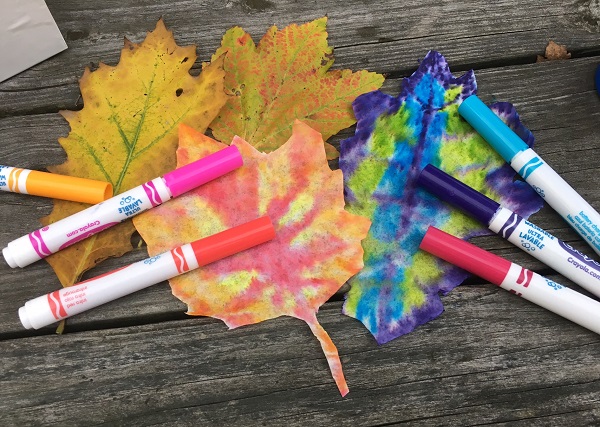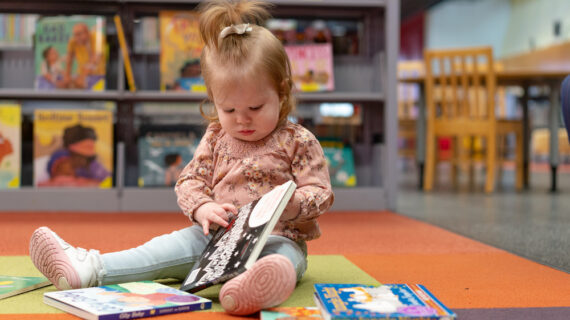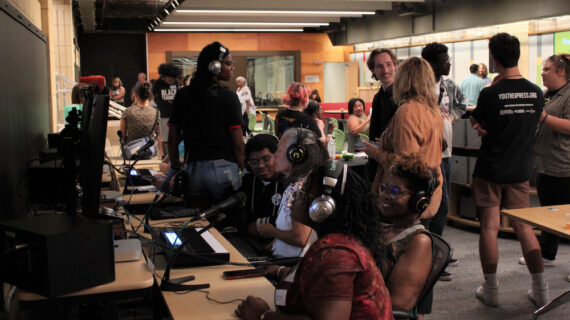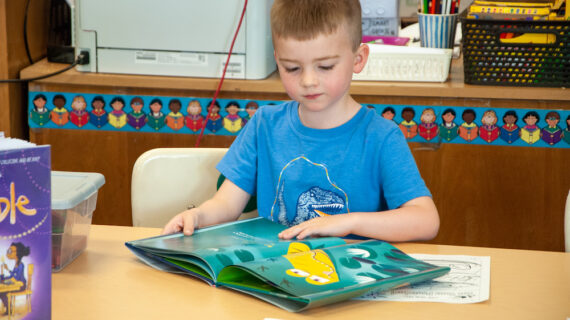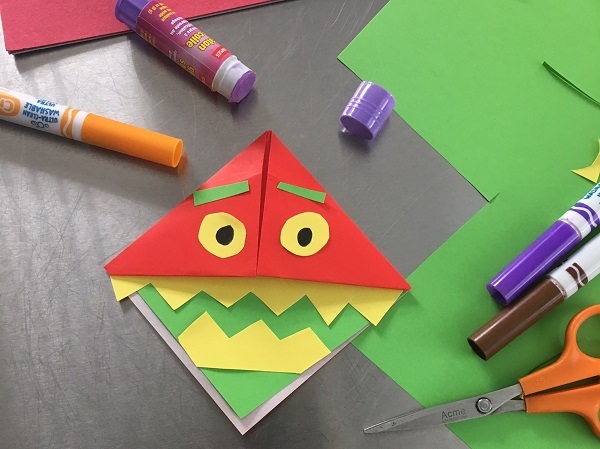
Encouraging your kids to write can help them — in more ways than one. Here’s how.
Photo above by Santi Vedrí via Unsplash.
Therapeutic. Cathartic. Discovery.
These three words are very important when it comes to writing. I’m no doctor or mental health professional, and I don’t claim to be one. But as a writer, I can say that writing, to an extent, is all about these words.
How can these three words be truly powerful for your kids?
Let me tell you a story…
Years ago, I went through some of my old writings and I came across a theme* that I had never noticed before. So I checked the current stuff I had been writing and stuff that had been published, including my new middle-grade novel. And there it was, this theme, residing in lots of my work.
*theme: a subject or topic of discourse or of artistic representation. (Merriam-Webster.com)
This theme running through many of my stories was a character not knowing their dad. Now mind you, it wasn’t in everything. But it did rear its thematic head in quite a few of the works, including said middle grade novel.
Why is this? Because I didn’t know my dad. He had left when I was 3 and if memory serves me right, I only spoke to him once on the phone as a kid after he was gone. The only other time he called, he had hung up on my mom when she brought up the word braces.
So, yeah, writing is therapeutic and cathartic. I never intended to write characters who didn’t know their dad, but subconsciously I did. This is the discovery of oneself. And after all these years, I feel good with the fact that I grew up without a dad. My mom did just fine.
Encourage Your Kids to Write.
For so many reasons, it’s valuable to encourage your kids to write. Maybe they’ll pursue a career as a writer or being a skillful writer will serve them well in whatever job they might do. But even if writing won’t be a part of their working lives, encourage them to write. Even if it’s just a paragraph. Or have them write down 10 words.
Where to begin? Say you want to know about school and they tend not to tell you — or give you a quick reply of “fine.” It probably won’t work to simply ask them to write about school. So try this game: Say 10 words to them and have them write one word that comes to their mind for each word that you say.
Perhaps you say “school.” They write the word “mean,” or maybe they write “fun.” Even if they’ve only written a single word, now you have a sense of how their feeling about that particular subject. And if they’re having a hard time, then maybe writing that paragraph I mentioned above can help them spill their emotions onto the page. This is a starting point.
You can tell them that what they write can be for them alone — something they don’t have to show to anyone. Or maybe they’ll want to share it. They get to choose.
Another approach: Have your kids write poems about whatever they want. It doesn’t have to rhyme. If they’re younger, at first it’ll probably be about silly things, which is just fine. As time goes by and they become a preteen or teenager, their poems will have real substance. And writing it down will help them discover themselves and their emotions.
Getting it (emotions) out will offer some relief. It won’t be the cure for something that’s hard for them, but it will help. And just like reading, writing helps your kids learn to empathize with others.
Writing helps you and your kids take your emotions out of yourself and put them onto the page. Raw and truthful. It helps you discover who you are. Untapped feelings. Who you want to be. And it makes the hurt of the past less painful. More manageable.
Because as a writer, you have the power. Words have power. You control them. And in this case, they only come to fruition when you strike pen to paper.
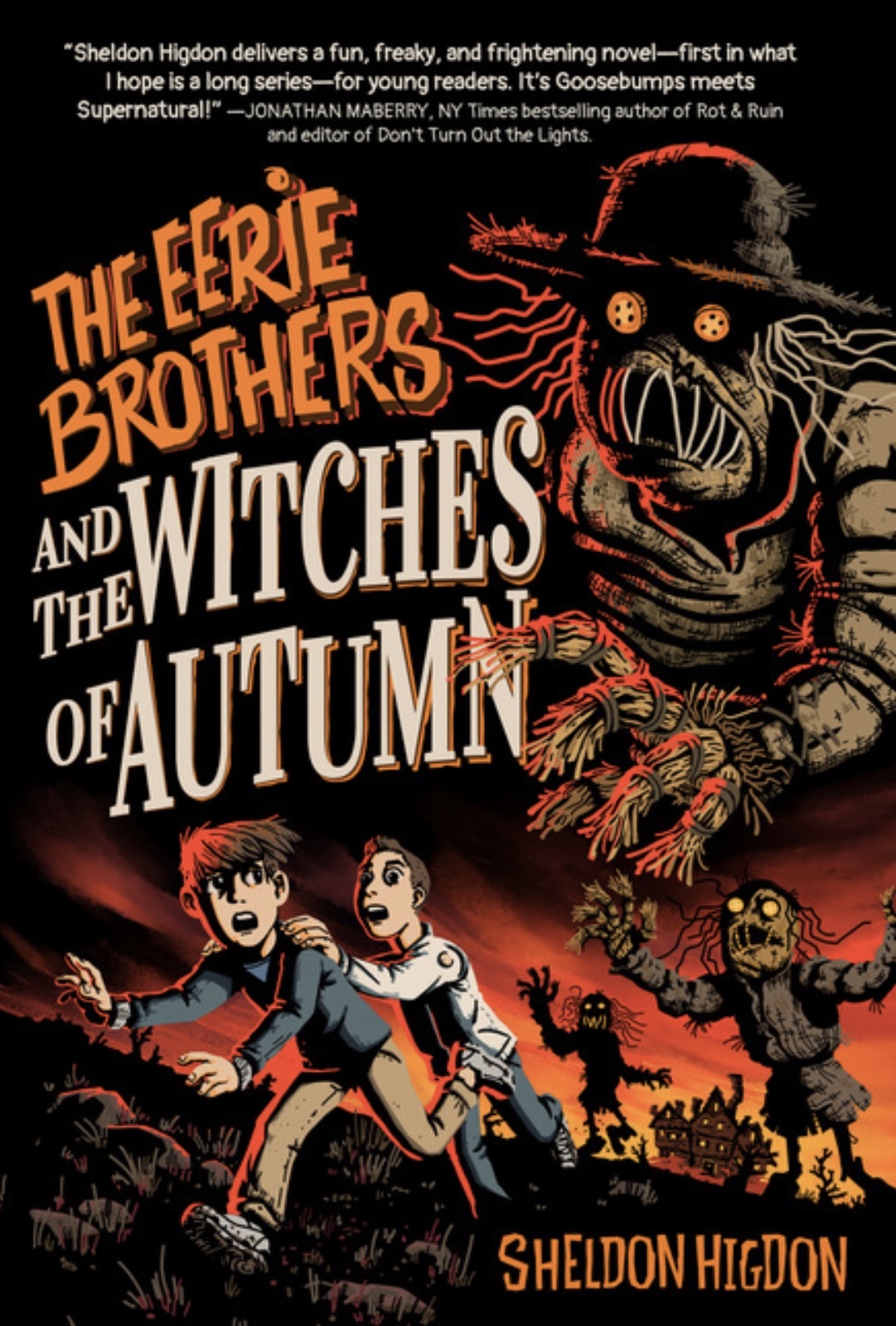
Making Space.
Make sure you create a safe, private space for your kids to write. They’ll feel relaxed and free to write without eyes upon them.
They’re alone and their only reader is themselves. And this is where they’ll leave this reality and enter the one they’re writing. In there, that’s where the struggle is.
Remember the old saying? The pen is mightier than the sword. So give them space. They’ll need it.
Always remember: Reading feeds the mind.
But writing frees the soul.
